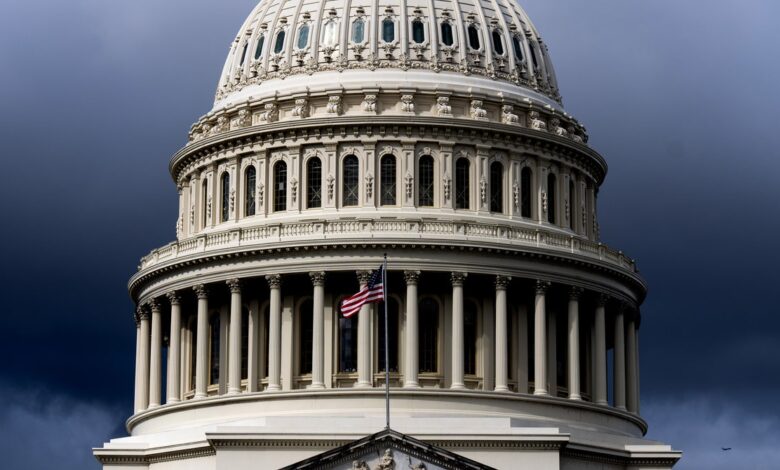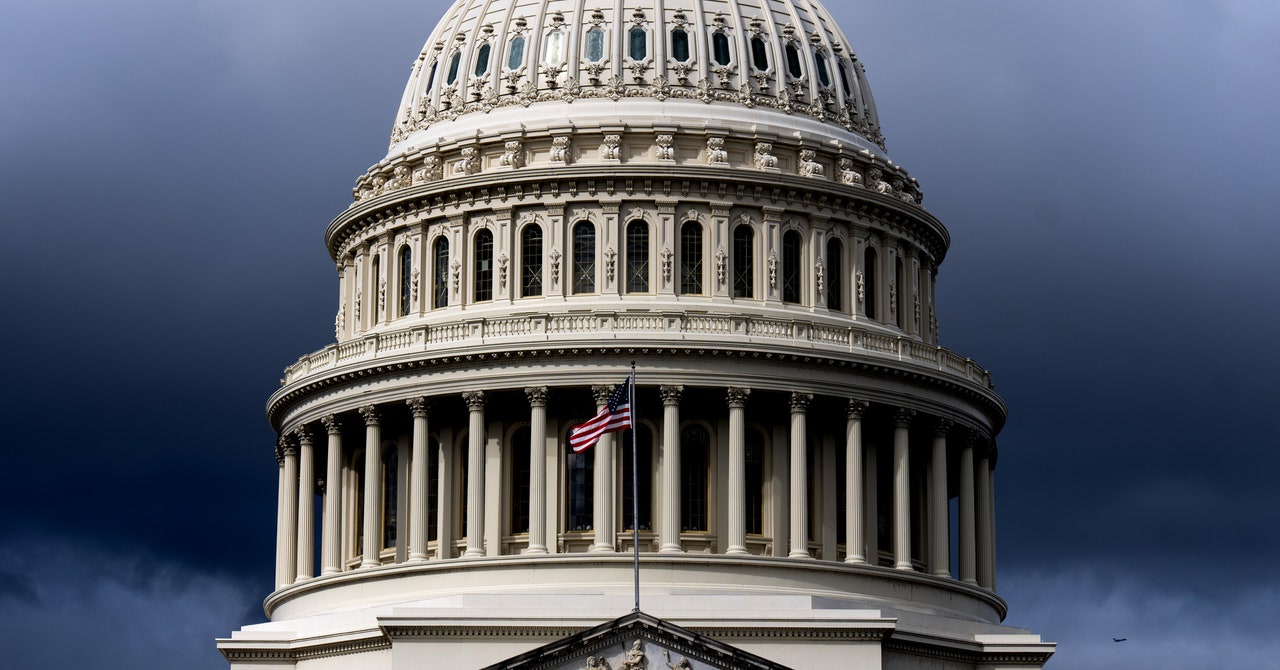Section 702: The Future of the Biggest US Spy Program Hangs in the Balance


The United States government, like its rivals in Moscow and Beijing, has poured untold millions of dollars into quietly turning the phones and internet browsers of its own citizens into a powerful intelligence-gathering tool. Shadowy deals between federal agencies and commercial data brokers have helped the US intelligence system to amass a “large amount” of what its own experts term “intimate information” on Americans.
Most US citizens are in the dark as to the true scope and scale of the surveillance they’re under.
House speaker Mike Johnson, whose brief tenure as speaker has been roiled by an ongoing debate over domestic intelligence abuses, previously supported several privacy measures that, now in power, he is working to defeat, including strong new limits on the government’s access to data.
This week, Johnson is working to resolve the lingering issue of reauthorizing Section 702, a key foreign surveillance program authorized by Congress to target terrorists, cybercriminals, and narcotics traffickers overseas. The program is set to officially expire on April 19.
Congressional sources tell WIRED that a vote to salvage the program could come as early as Thursday, following a series of scheduled briefings on Tuesday and Wednesday between lawmakers and intelligence officials, as well as a number of smaller votes that may significantly modify the terms of the program for years to come.
The focus of privacy advocates has turned almost entirely to an amendment that aims to force the FBI and other agencies to apply for a warrant before accessing the communications of Americans incidentally captured by the US under the 702 program.
Thursday’s vote over the 702 program is at least the third scheduled by the speaker since December. As Johnson has in each case waited until the final moment to delay the vote, a fog of uncertainty surrounds the whole of the process. Privately, lawmakers are discussing next steps should the speaker decide to simply let the program expire, avoiding new statutory limits on the government’s most-prized surveillance weapon.
To keep pace with a situation that is sure to evolve rapidly over the next 48 hours, WIRED will update this article with the latest details as they become available. See below for the latest developments.
Source link




